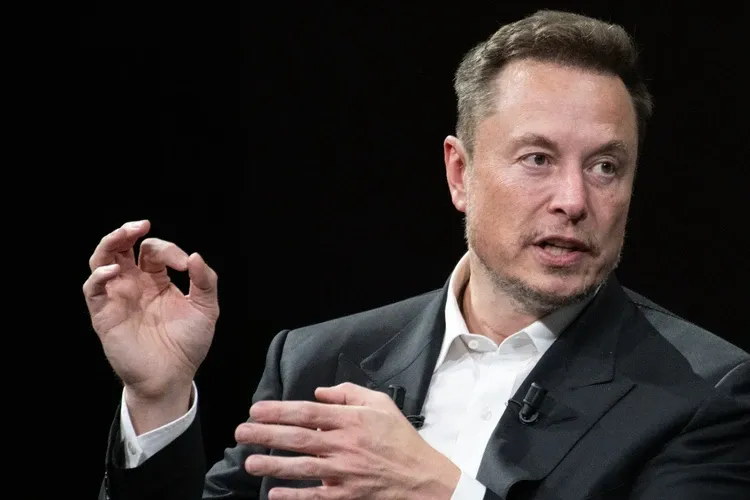Neuralink, the brain implant company launched by Elon Musk, is asking for a volunteer to have a chip implanted into their skull by a robotic surgeon during the firm’s first clinical trial.
The company says that the ideal candidate is a quadriplegic under the age of forty; a human surgeon will remove a section of the skull, after which a seven-foot-tall robotic surgeon will implant a chip composed of 1,000 electrodes into the volunteer’s brain.
Neuralink received approval from the FDA to develop a clinical study on humans earlier this year. The firm invited those with quadriplegia due to cervical spinal cord injury or amyotrophic lateral sclerosis, also known as ALS, to apply for the clinical trial. Thousands of prospective patients have applied to take part in the procedure.
“The short-term goal of the company is to build a generalized brain interface and restore autonomy to those with debilitating neurological conditions and unmet medical needs,” Neuralink co-founder and engineering vice president DJ Seo commented in an interview about the trial. “Then, really, the long-term goal is to have this available for billions of people and unlock human potential and go beyond our biological capabilities.”
The current Neuralink chip has sixty-four tiny threads, each of which is one-fourteenth the diameter of a human hair, and will enable the volunteer to move a computer cursor or type on a keyboard with their thoughts alone. The threads, which work to grasp movement intention, could eventually stimulate the brain to enable standing, walking, and other activities made impossible by paralysis. Neuralink is also working on a spinal implant to restore such capabilities.
“Even if someone has never had vision, ever, like they were born blind, we believe we can still restore vision,” Musk said at a Neuralink event last year. The multibillionaire hopes that the chips created by Neuralink will eventually unlock ways to combat obesity, autism, depression, and schizophrenia. The chips rest within the skull and are cosmetically invisible after surgery.
The robotic surgeon has already performed experimental procedures with varying success on animals such as pigs, sheep, and monkeys. Musk contended that the deaths of several monkeys were not connected to the surgeries, however, as they experimented on only “terminal” monkeys who were already near death. He also claimed that he would insert Neuralink chips into one of his own children if the need arose.



